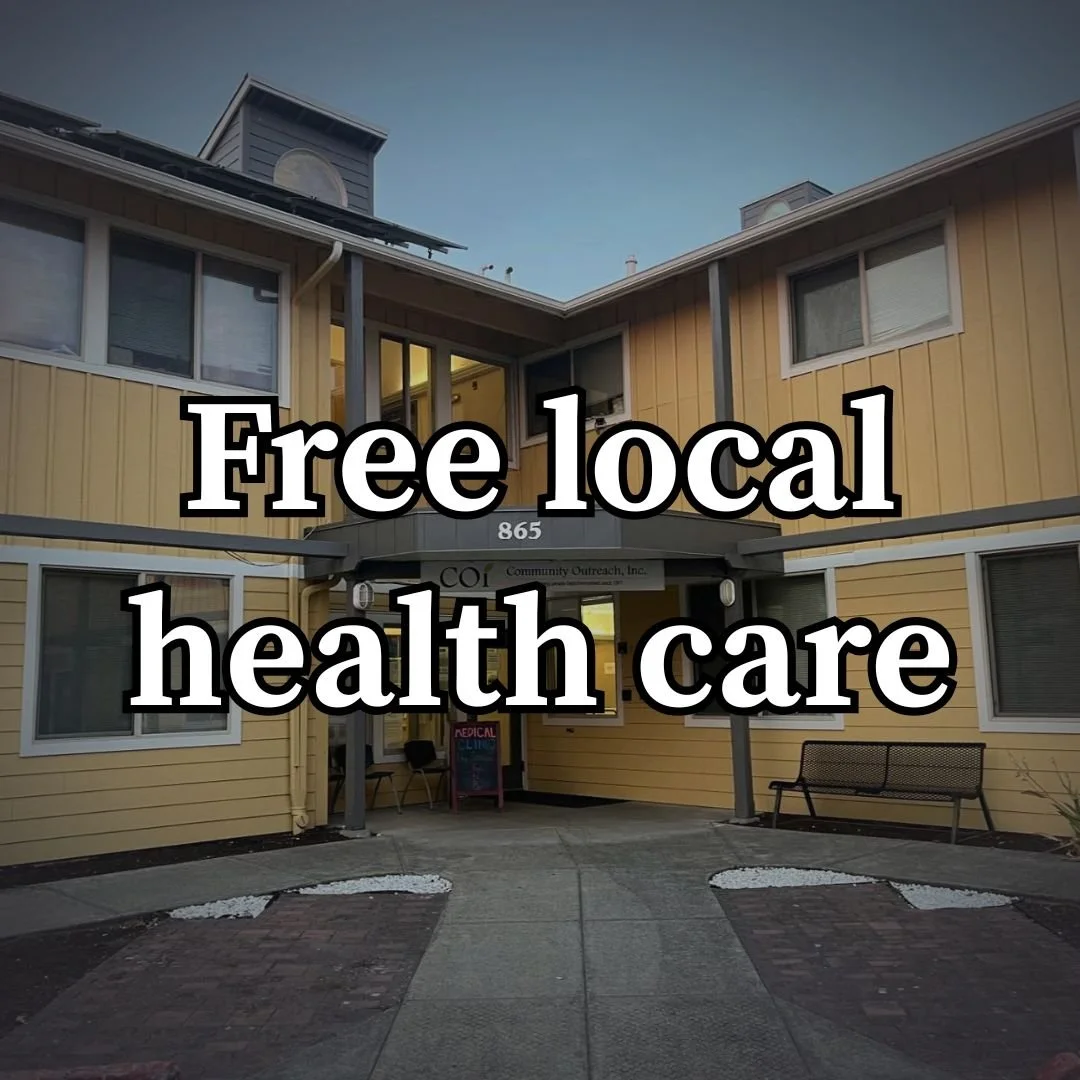Join a universal health care advocacy meeting.

We meet at 7pm on the 4th Monday of every month at the Unitarian Universalist Fellowship of Corvallis, 2945 NW Circle, Corvallis, Oregon. You can also attend remotely by registering on Zoom → HERE. Our public meeting allows the people who support universal health care to meet, coordinate, and work towards statewide universal health care!
The finance committee meets the first Tuesday of each month at 9:30 am and manages the internal finances of Mid-Valley Health Care Advocates.
Our Outreach and Communications Committee meets on the 2nd Tuesday of every month from 7 – 8pm on Zoom.
The Legislative Committee meets on the 2nd Friday of every month from 10:15 – 11:45am at Good Samaritan Episcopal Church in Corvallis.
Across the United States, public institutions are quietly changing employee health insurance programs in ways that raise costs, reduce coverage, and threaten the well-being of their workers. On October 1st, 2025, Oregon State University (OSU) Graduate Students’ health insurance switched from Pacific Source to Cigna Healthcare. This came less than a year after the Coalition for Graduate Employees’s (CGE) weeks-long strike to negotiate better wages. According to CGE members, this decision was made without CGE’s input or consent.
Since June 1971, Community Outreach Inc. (COI) has been a resource in “helping people help themselves lead healthy and productive lives”. With the Corvallis location just off 9th street, COI provides shelter services, behavioral health treatment, and free medical services. At a time when medical care continues to rise in cost and complexity, COI provides a lifeline to those who need it most.
On June 14, over 5 million people across 2,100 locations participated in the No Kings Rally, a grassroots day of action that called for an end to corporate influence and a rebuttal of the Trump Administration's actions. Among the many issues and reasons to protest, there was a clear consensus: the American healthcare system is broken, and we deserve better.





